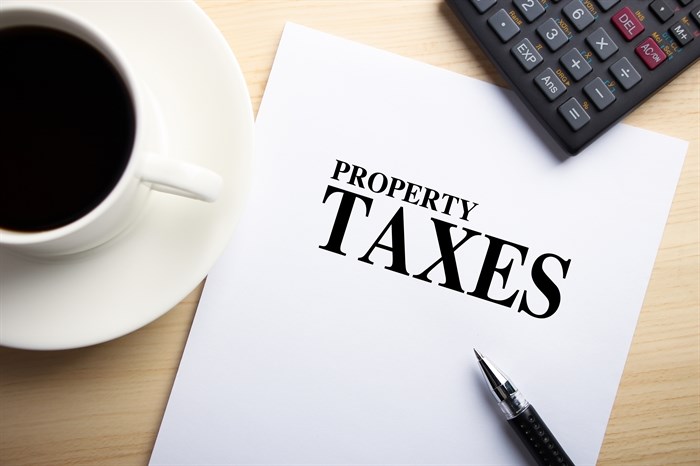It has been revealed that the UK has 2.74 million unincorporated landlords and in 2020-21 they earned £41bn from rents, but the data also shows that 50,000 landlords have left the private rented sector (PRS) since 2019.
The figures from HMRC report in 2021 there were 2.71 million individuals and 300,000 partnerships declaring a rental income on their tax returns down from 2.79 million in 2019 to 2021.
Of the unincorporated landlords, 89% claimed some form of expenses and the figures show that property income is concentrated in London.
The capital is home to 16% of unincorporated landlords – but they account for 23% of all unincorporated landlord property income.
The next most profitable region for landlords is the Southeast, followed by the East of England and the South West.
UK’s most common type of landlord
HMRC says that the UK’s most common type of landlord who is letting property is private individuals, and they account for most of the rental income declared.
However, the impact of Covid can be seen in the property income declared figures from 2016 to 2017 when landlords earned £46 billion – but by 2020 to 2021 there is an 11% fall to £41bn.
HMRC explains this drop as being driven by a fall in both the number of individuals reporting property income and average property income they declare.
The figures show that from 2019 to 2020 there were 2.79 million unincorporated landlords, but this had fallen to 2.74 million last year.
That’s a shocking 50,000 landlords giving up their property in just three years.
Average income that unincorporated landlords earned
The HMRC’s figures also show that the average income that unincorporated landlords earned from UK property remained stable at £17,000 between 2016 to 2017 and 2019 to 2020.
But the average income then falls to £15,000 from 2020 to 2021.
While HMRC doesn’t explain the anomaly of income falling, it appears that the rise in rents seen this year hasn’t been high enough to cover the number of unincorporated landlords who have left the PRS.
HMRC is targeting residential landlords with ‘nudge letters’
HMRC is targeting residential landlords in its latest ‘nudge campaign’ that it suspects are not declaring their full rental income, warns tax advisers Kreston Reeves.
The campaign comes in advance of Jeremy Hunt’s first Autumn Statement and rumours of a further attack on residential landlords with higher rates of Capital Gains Tax (CGT) on property disposals and higher rates of National Insurance.
George Guilherme-Fryer, a director in the firm’s tax disputes team, said: “These nudge letters are widely targeted at individuals or businesses based on information received, primarily from other governmental departments, banks or, in this case, the tenancy deposit scheme.
“Landlords in England are limited to taking a five weeks’ deposit for new and renewed tenancies with rent under £50,000 a year or up to six weeks if the annual rent is £50,000 or more.
“As most landlords take the maximum deposit, it is not difficult for HMRC to calculate the expected rental income which should be included in a tax return.”
HMRC will assume an approximate rental income
He added: “For example, if the deposit held with the tenancy deposit scheme is £1,000, five weeks of £200, then HMRC will assume an approximate rental income of £10,400 annually, or £200 per week.
“These latest nudge letters tend to include a statement saying that HMRC has received relevant information, suggesting the landlord review their tax position, and including a suspiciously simple certificate of tax position to be completed and returned.”
Mr Guilherme-Fryer highlights that the letter will not take into account vacant periods or reductions in rent and will often mean that no action is required.
No obligation for a landlord to respond
However, he says that there is no obligation for a landlord to respond or to sign the certificate of tax position.
Mr Guilherme-Fryer warns: “But landlords are advised to review their tax position if such a letter is received to identify if any disclosures are needed.
“If they are ignored and it is later found that tax is due, it may lead to an investigation and potentially a criminal prosecution.”

